When Do Babies Start to Recognize and Remember Their Mothers After Delivery?
 01 September,2025
Read More
01 September,2025
Read More
Enquire now in case of any assistance needed
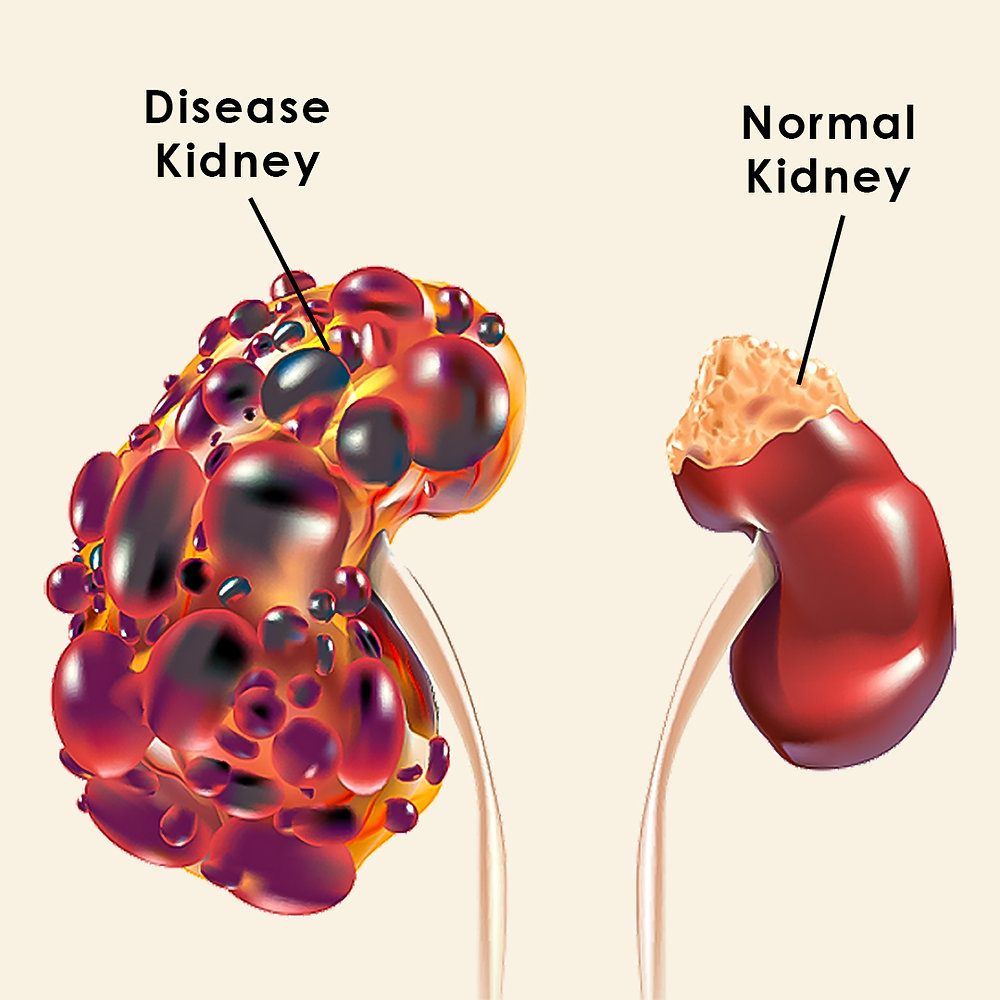
 23 August,2025
23 August,2025
What is kidney failure?
Kidney failure can worsen to the most severe stage, end-stage kidney disease (ESKD) which is deadly without treatment. If you have end-stage kidney disease, you may survive a few days or weeks without treatment. With the proper treatment, you can have a good quality of life while you manage kidney failure.
What do the kidneys do?
Your kidneys are bean-shaped organs about the size of your fist. They sit under your ribcage, toward your back. Most people have two working kidneys, but you can live well with only one kidney as long as it’s functioning well.
Kidneys have several jobs. One of the most important jobs is helping your body eliminate toxins. Your kidneys filter your blood and send waste products out of your body in urine (pee).
When your kidneys don’t work correctly, waste products build up in your body. If this happens, you’ll feel sick and eventually die without treatment. Many people can manage kidney failure with the proper treatment.
How common is kidney failure?
Kidney failure affects over 750,000 people in the United States each year. It affects around 2 million people worldwide.
What are the five stages of end-stage renal disease?
There are stages of kidney disease according to your estimated glomerular filtration rate (eGFR). This is a blood test.
Your eGFR is a calculation of how well your kidneys filter substances. A normal eGFR is above 90. The lowest eGFR is 0, which means there’s no remaining kidney function.
The five stages of any kidney disease include:
Stage I. Your GFR is higher than 90. At this stage, your kidneys have mild damage but still function normally.
Stage II. Your GFR may be as low as 60 or as high as 89. You have more damage to your kidneys than in stage I, but they still function well.
Stage III. Your GFR may be as low as 30 or as high as 59. You may have mild or severe loss of kidney function.
Stage IV. Your GFR may be as low as 15 or as high as 29. You have severe loss of kidney function.
Stage V. Your GFR is below 15. Your kidneys are nearing or at complete failure. Generally, this is when you would start to have symptoms.
Symptoms and Causes
What are the first warning signs of kidney failure?
Many people experience few or no symptoms in the early stages of kidney disease. However, chronic kidney disease (CKD) may still cause damage even though you feel fine.
Kidney failure symptoms vary between people. If your kidneys aren’t working properly, you may notice one or more of the following signs:
Extreme tiredness (fatigue)
Nausea and vomiting
Confusion or trouble concentrating
Swelling (edema), particularly around your hands, ankles or face
A change in how often you pee
Cramps (muscle spasms)
Dry or itchy skin
Poor appetite, or food may taste metallic
What are the most common causes of kidney failure?
Diabetes and high blood pressure are the most common causes of chronic kidney disease and kidney failure.
Unmanaged diabetes can lead to high blood sugar levels (hyperglycemia). Consistently high blood sugar can damage your kidneys as well as other organs.
High blood pressure means blood travels forcefully through your body’s blood vessels. Over time and without treatment, the extra force can damage your kidneys’ tissue.
Kidney failure usually doesn’t happen quickly. Other causes that may lead to kidney failure include:
Polycystic kidney disease (PKD). PKD is a condition you inherit from one of your parents that causes fluid-filled sacs (cysts) to grow inside your kidneys.
Glomerular diseases. Glomerular diseases affect how well your kidneys filter waste.
Autoimmune kidney diseases. Lupus is an autoimmune disease that can cause organ damage, joint pain, fever and skin rashes.
Kidney failure can also develop quickly because of an unexpected cause. Acute kidney failure (acute kidney injury) is when your kidneys suddenly lose their ability to function. Acute kidney failure may develop within hours or days. It’s often temporary.
Common causes of acute kidney failure include:
Certain medications
Severe dehydration
A urinary tract obstruction
Untreated systemic diseases, such as heart disease or liver disease
What are the risk factors for kidney failure?
Kidney failure can affect anyone. However, you may be at a higher risk of developing kidney failure if you:
Have diabetes
Have high blood pressure (hypertension)
Have heart disease
Have a family history of kidney disease
Have abnormal kidney structure
Are Black
Are over 60
Have a long history of taking pain relievers, including over-the-counter products such as nonsteroidal anti-inflammatory drugs (NSAIDs)
What are the complications of kidney failure?
The kidneys have many different functions in your body. When you have kidney failure, you may develop certain complications. Complications of kidney failure include:
High blood pressure
Anemia
Bone disease
Fluid around your lungs
Nerve damage
Electrolyte imbalance
But just because you have kidney failure doesn’t mean death is imminent. You can still manage the condition by following your provider’s treatment plan, which may include medications, lifestyle changes and limiting salt and certain foods. If you don’t follow your provider’s treatment plan, your kidneys will worsen and eventually lead to death.
Can end-stage kidney failure cause death?
Yes, end-stage renal failure can lead to death. With the right treatment, most people can live with kidney failure. It’s important to remember that there’s no cure for kidney failure. That means even with treatment, your kidneys won’t go back to functioning as they did before you had kidney disease. Treatment helps preserve whatever function is left in your kidneys, so they don’t decline as rapidly.
Diagnosis and Tests
How is kidney failure diagnosed?
A healthcare provider may use a variety of kidney function tests to evaluate your kidneys and diagnose kidney failure. If the provider suspects you’re at risk of kidney failure, common tests include:
Blood tests. Blood tests show how well your kidneys remove waste from your blood. A provider will use a thin needle to withdraw a small amount of blood from a vein in your arm. Technicians will then analyze your blood sample at a lab.
Urine tests. Urine tests measure specific substances in your pee, such as protein or blood. You’ll pee into a special container at a provider’s office or a hospital. Technicians will then analyze your urine sample at a lab.
Imaging tests. Imaging tests allow a provider to look at your kidneys and the surrounding areas to identify abnormalities or blockages. Common imaging tests include kidney ultrasound, CT urogram and MRI.
Management and Treatment
How is kidney failure treated?
Kidney failure treatment depends on the cause and severity of the condition. Healthcare providers can’t cure kidney failure, and the disease is life-threatening. But treatment can help you live longer and manage any symptoms or complications.
If your kidneys gradually stop working, a healthcare provider may use a few different methods to track your health and maintain kidney function as long as possible. These methods may include:
Regular blood tests
Blood pressure checks
Medication
If you’re in end-stage kidney failure, you need treatment to keep you alive. There are two main treatments for kidney failure: dialysis and a kidney transplant.
Medications for kidney failure
Depending on the cause of your kidney disease, a healthcare provider may prescribe one or more of the following medications:
Angiotensin-converting enzyme (ACE) inhibitor or angiotensin II receptor blocker (ARB). These medications help lower your blood pressure.
Diuretics. These help remove extra fluid from your body.
Statins. These help lower your cholesterol levels.
Erythropoietin-stimulating agents. These help build red blood cells if you have anemia.
Vitamin Dand calcitriol. These help prevent bone loss.
Phosphate binders. These help remove extra phosphorus in your blood.
Dialysis
Dialysis helps your body filter blood. You can think of it as giving your kidneys some relief, so they don’t have to work as hard to do their …
Kidney transplant
A surgeon places a healthy kidney in your body during a kidney transplant to take over for your damaged kidney. The healthy kidney (donor organ) may come from a deceased donor or a living donor. You can live well with one healthy kidney. If you receive a kidney transplant, you’ll be on medications for the rest of your life to prevent any harm to the transplanted kidney.
Can you recover from end-stage kidney failure?
It depends. With proper treatment, you can continue to live a happy, fulfilling life. But, you can expect to need treatment for the rest of your life. Remember, you can’t reverse kidney disease or kidney failure, you can only slow its progression.
Outlook / Prognosis
What can I expect if I have kidney failure?
There isn’t a cure for kidney failure. However, with proper diagnosis and treatment, you may still live a long life without drastic changes to your quality of life.
Prevention
How can I prevent kidney failure?
Though kidney failure and CKD aren’t reversible, you can take steps to help preserve your kidney function. Healthy habits and routines may slow down how quickly your kidneys lose their ability to function.
If you have CKD or kidney failure, it’s a good idea to:
Monitor your kidney function
Keep your blood sugar levels in the normal range if you have diabetes
Keep your blood pressure levels in a normal range
Avoid using tobacco products
Avoid foods high in potassium and sodium
Go to every regularly scheduled appointment with your healthcare provider
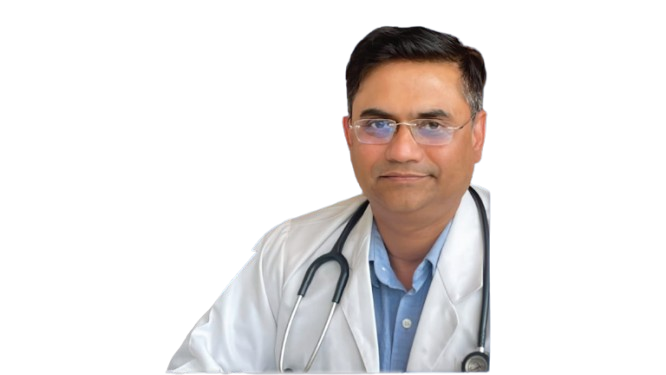
Senior Consultant
Medicine Specialist
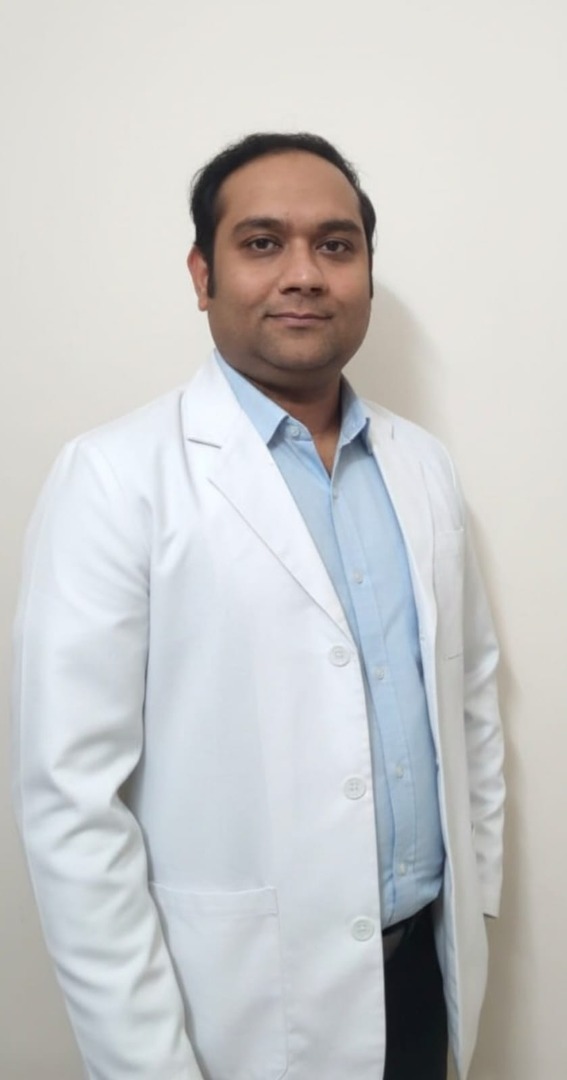
Senior Consultant
Neurologists
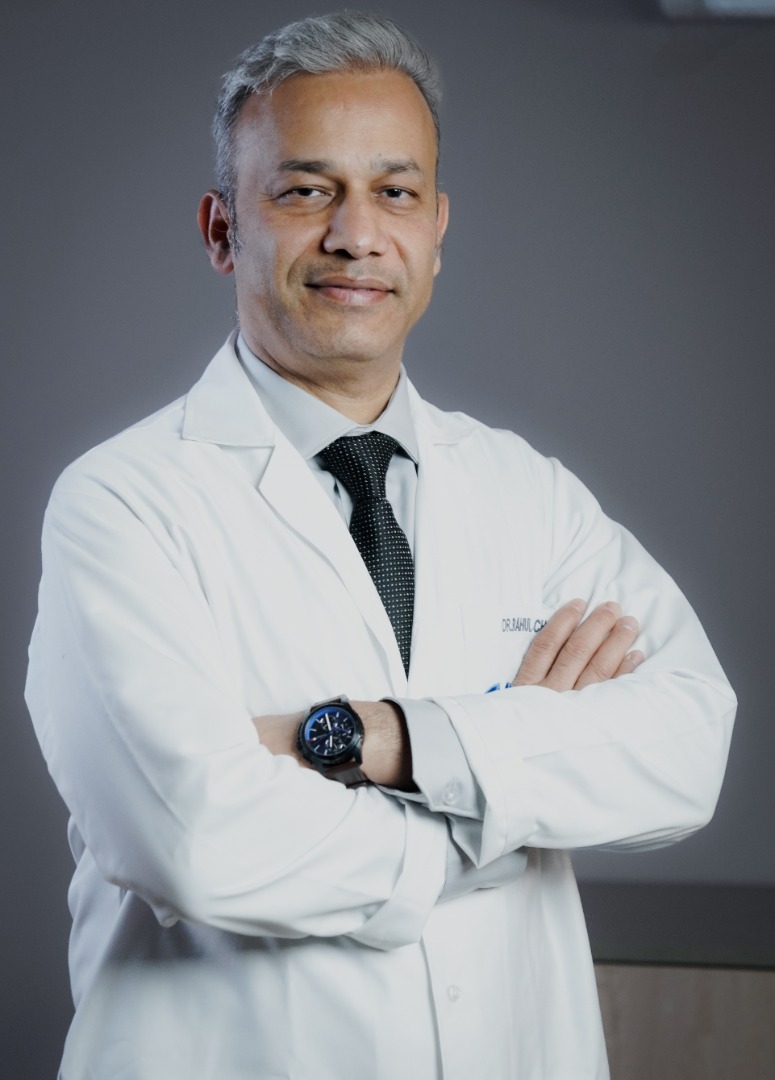
Chief
Cardiothoracic and Vascular Surgeons
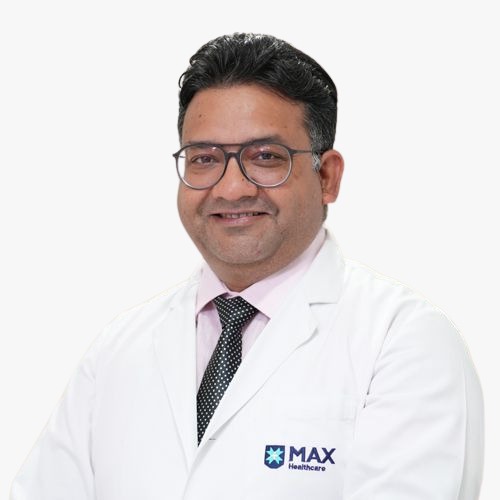
Director
Nephrologist
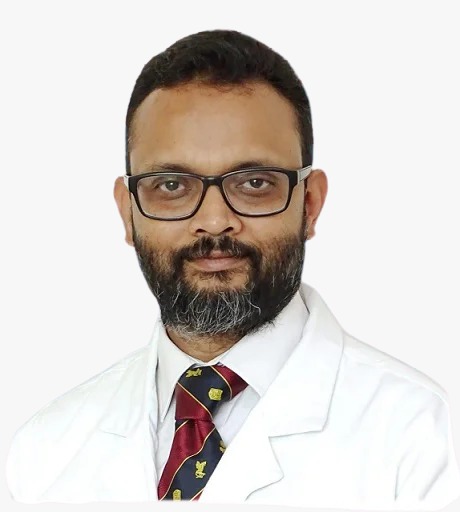
Consultant
Orthopedic and Joint Replacement Surgeons
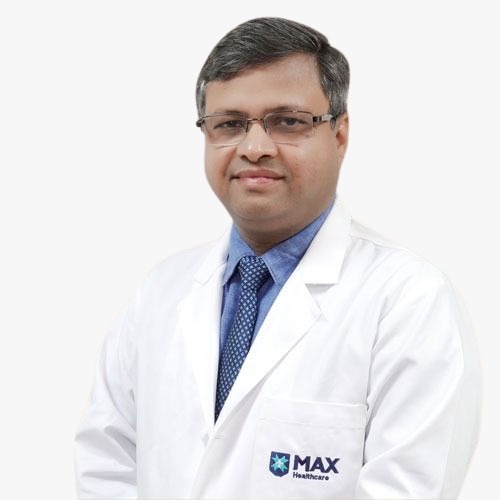
Director
Neurologists
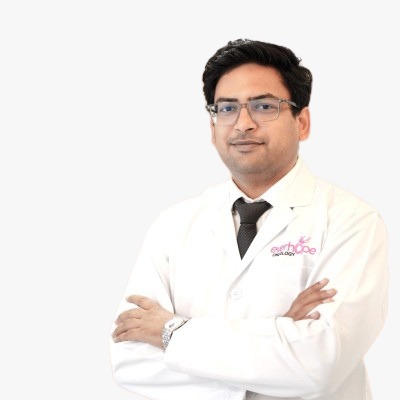
Senior Consultant
Medical Oncologists
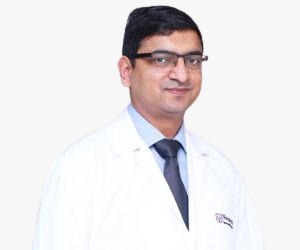
Head of Department (HOD)
Liver Transplant Surgeons
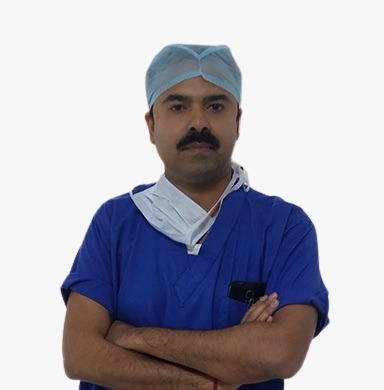
Head of Department (HOD)
Urologist
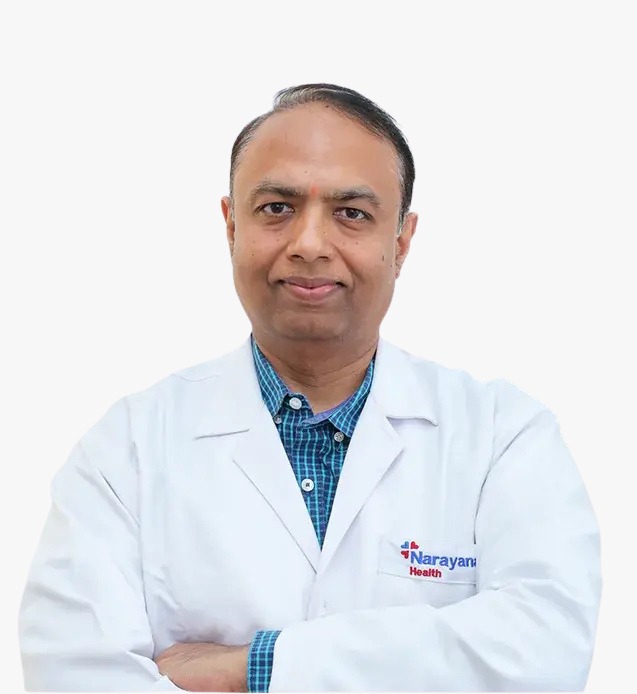
Head of Department (HOD)
Urologist
Fill up the form and get assured assitance within 24 hrs!
The Art of Effective Communication
 01 September,2025
Read More
01 September,2025
Read More
 01 September,2025
Read More
01 September,2025
Read More
 01 September,2025
Read More
01 September,2025
Read More
 01 September,2025
Read More
01 September,2025
Read More
 01 September,2025
Read More
01 September,2025
Read More
 31 August,2025
Read More
31 August,2025
Read More
 31 August,2025
Read More
31 August,2025
Read More
 31 August,2025
Read More
31 August,2025
Read More
 31 August,2025
Read More
31 August,2025
Read More
 31 August,2025
Read More
31 August,2025
Read More
Trusted by Patients
"I am Asim from Bangladesh and was looking for treatment in India for neuro. I visited many websites to get the complete information regarding the treatment but I was not satisfied as I was getting confused. In the meanwhile, one of my friends suggested I seek help from MyoPlus as he experienced his medical journey very smoothly and was satisfied with it. They have filtered the top 10 doctors as per experience, the success rate of surgery & profile, so it helps us to choose the best treatment in India. "
"For my knee surgery, MyoPlus guided me to BLK Hospital where I received exceptional care. The team's support and the expertise at BLK Hospital exceeded my expectations. Thank you MyoPlus for making my medical journey stress-free. "
"I came from Iraq for my granddaughter's eye surgery in India facilitated by MyoPlus, due to critical cases they advised us to get a second opinion from the different hospitals before going to surgery. Finally, we went to Fortis Escort Hospital, which helped us to get more confidence for diagnosis. Fortis Escort Hospital has the best eye surgeon team with the latest instruments. Thanks to all team members for providing a high-quality treatment in India at an affordable cost. "
"I came for my hair transplant in India, before coming I was so confused about choosing the best clinic and surgeon for me. But thanks to God one of my friends had a hair transplant in India through MyoPlus. He recommended me to go with them. I am completely happy with my experience with them. They were always very fast in their responses to me. the success rate of my hair transplant surgery is 100%."
"Artemis Hospital, suggested by MyoPlus, turned out to be a great choice for my treatment. The personalized assistance and medical care were exceptional. I'm grateful to MyoPlus for guiding me to a hospital that perfectly matched my needs. Highly recommended! "
"I came from Afghanistan for my treatment in India at Jaypee Hospital, Noida. I had a fantastic experience with MyoPlus. Kudos to them for their incredible support during my medical journey. They not only took care of all the logistics but also connected me with a fantastic healthcare team. Efficient, caring, and highly recommended for a hassle-free medical tourism experience."
"I am Adam from Kano, Nigeria, one of my friends from Nigeria was facilitated by MyoPlus, and he recommended us to go with them. I sent my all reports to them and within 48 hours they reverted with 4 options from different hospitals. They helped me to get a Visa letter from the hospital, arrange pick-up from the airport, and book a hotel for me. Their team is very honest and throughout our stay in India they are with us they are caring for us like his family members. BLK Hospital is the best hospital in India with a top surgical oncologist surgeon team, a very advanced OT, and a Radiotherapy department. I wish more success to MyoPlus. "
"Great experience at the Max Hospital for my spine surgery and was successfully done. I thank my neurosurgeon and his entire team. I recommended all of my country's people to MyoPlus for treatment in India, they choose the best hospital, the best doctors, and the best cost for patients."
"I came to India from Dhaka, Bangladesh for my father-in-law's cardiac surgery at Fortis Hospital. I was confused about choosing the best surgeon for him before coming, but their team helped me to choose the best hospital and best cardiac surgeon in India with very good cost and 100% success rate of surgery. I am very happy with the services, really they make my journey so comfortable that make me feel at home. Thanks again and I like people to choose "MyoPlus" as your travel guide. "
"I am Mohammad from Bangladesh came to India for my general health checkup. MyoPlus offers me the complete package including Pick-up from the airport, hotel services, and 24-hour assistance. They guide you to choose the best hospital in India, the best cost of treatment with top-most doctors and give you complete information about hotel booking, and pick-up from the airport before coming to India They have the best team to help. Always choose MyoPlus for your treatment in India."